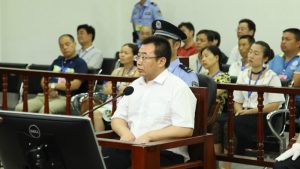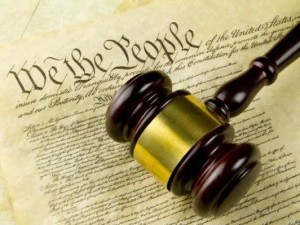Experts Describe Trump’s Big, But Not Unlimited, Foreign Policy Changes
“Wow.”
Over more than a decade of “On the Issues with Mike Gousha” programs at Marquette Law School, has that ever previously been the first word spoken by someone Gousha was interviewing? But has there ever been a president like Donald Trump before?
So when Gousha opened an “On the Issues” program Thursday by asking Ingrid Wuerth, director of the International Legal Studies Program at Vanderbilt University, for thoughts on the Trump administration’s foreign policy, her first words were: “Wow, the differences between the Trump administration and the Obama administration.”
Wuerth, a leading scholar of foreign affairs and public international law, listed treaties and other international agreements where Trump has shifted directions substantially from what President Barack Obama did. She said there has been “a significant step back from international law and international organizations.”
But, Wuerth noted, Trump “has not been an international law violator,” and that should be kept in mind. For example, Trump said the United States will withdraw from the Paris Accord on climate change, but he is following the five-year process for doing that rather than simply shutting down American involvement. And he has sought to renegotiate trade agreements, but he has not advocated violating existing ones, Wuerth said.


